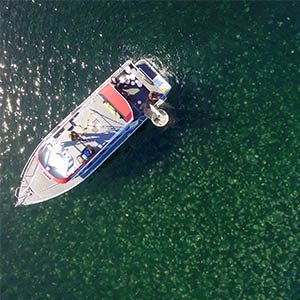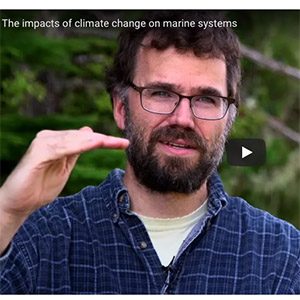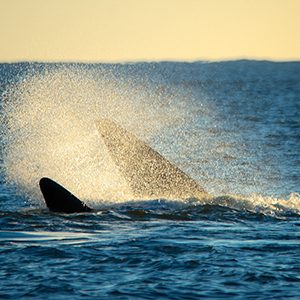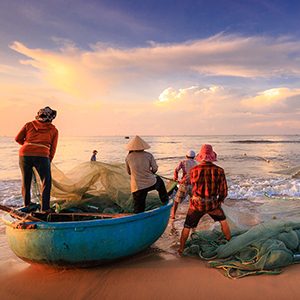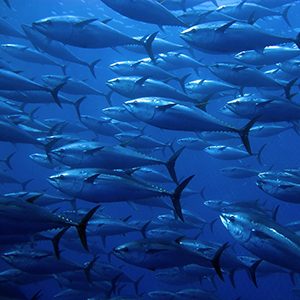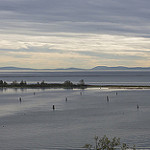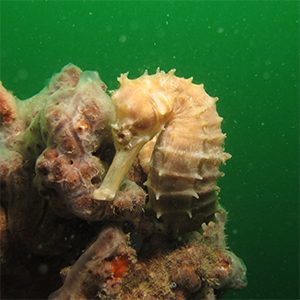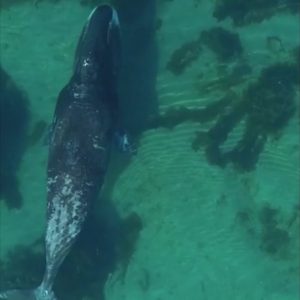William Cheung wins Academic of the Year Award
Bestowed by CUFA BC, this award recognizes a specific and recent outstanding contribution to the community beyond the academic.
Fishackathon 2018
Teams gathered for a weekend to build practical tech solutions to endemic problems defined by the world’s most respected fisheries experts
UBC researchers use drones to track jellyfish blooms
Jellyfish blooms are becoming more widespread and scientists ate looking for ways to better understand them.
The impacts of climate change on marine systems
Professor and Wall Scholar, Chris Harley, shows how mussels and sea stars interact as an example of how climate change is impacting marine life on the coast of British Columbia.
IOF meets with Ambassador of Uruguay to Canada
The group worked on the project proposal for “Cetaceans and Ocean Health in South America: Developing Regional Capacities and Coordination for Mercury Research, Biomonitoring and Mitigation”.
Aid for oceans and fisheries in developing world drops by 30%
Financial aid to fisheries in developing countries has declined by 30 percent, finds a new study from UBC and Stockholm Resilience Centre researchers.
UN starts a Conservation Treaty for the High Seas
“Restricting fisheries activities to coastal waters is economically and environmentally sensible,” said Dr. Rashid Sumaila in a National Geographic article.
Better policies could net more fish for Indigenous and coastal communities
Indigenous and coastal communities in Canada are increasingly finding that the ocean and marine resources are off limits.
Seahorse exploitation and trade in Viet Nam
This newly released Fisheries Centre Research Report looks at the difficulties that Viet Nam experienced as they tried to implement CITES required export controls for seahorses.
Bowhead whales come to Cumberland Sound in Nunavut to exfoliate
“Cumberland Sound serves as a habitat for feeding and moulting,” said Sarah Fortune, a PhD student at UBC’s Institute for the Oceans and Fisheries.


